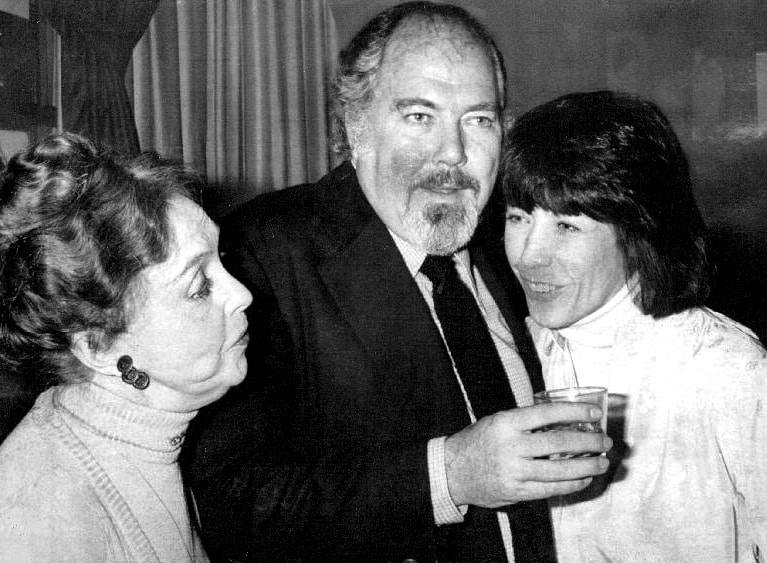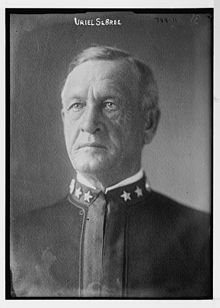Filmmaker Robert Altman is Born: February 20, 1925

Filmmaker Robert Altman was born on this date in Kansas City, Missouri. Altman was an American film director known for his unique storytelling style, characterized by ensemble casts, overlapping dialogues, and a naturalistic approach to filmmaking. Altman was raised Catholic and attended Rockhurst High School in Kansas City and Wentworth Military Academy in Lexington. He went on to join the air force and serve as a co-pilot of a B-24 Liberator throughout World War 2.
Altman began his film career in the 1950s, directing industrial films and television episodes. His breakthrough came in 1970 with the film “M*A*S*H,” a dark comedy set during the Korean War, which won the Palme d’Or at the Cannes Film Festival and established Altman as a major force in American cinema.
Throughout the 1970s, Altman continued to push the boundaries of filmmaking with critically acclaimed movies such as “McCabe & Mrs. Miller” (1971), a revisionist Western, and “Nashville” (1975), a sprawling ensemble piece set in the country music capital. These films showcased Altman’s ability to blend genres, create richly textured narratives, and elicit nuanced performances from his actors.
Despite facing commercial failures in the late 1970s and 1980s, Altman remained a prolific director, experimenting with various genres and styles. He experienced a career resurgence in the 1990s with films like “The Player” (1992), a satirical look at Hollywood, and “Short Cuts” (1993), an adaptation of Raymond Carver’s short stories. Both films were critically acclaimed and demonstrated Altman’s continued relevance and adaptability in the changing landscape of American cinema.
Altman’s later works, including “Gosford Park” (2001), a British murder mystery set in the 1930s, continued to receive acclaim. He was awarded an Honorary Academy Award in 2006 for his contributions to the film industry, just months before his death on November 20, 2006. Robert Altman’s legacy as a filmmaker lies in his innovative approach to storytelling, his ability to capture the complexities of human experience, and his enduring influence on subsequent generations of filmmakers.
Related Posts
February 20, 2004
Albert Pujols signs a $100 million, seven-year deal with the St. Louis Cardinals. One of the top players of the 21st century and of all time, Pujols proved his value for 11 seasons, winning three National League MVP awards. But he shocked fans after the 2011 World Series title when he left St. Louis for a 10-year, $254-million contract with the Los Angeles Angels.
February 20, 1848
Birthday of Uriel Sebree, in Fayette, Missouri. He served as Commander-in-Chief of the Pacific Fleet, Arctic Explorer, Governor of American Samoa.
February 20, 1833
Legendary botanist, naturalist and medical doctor, George Engelmann, came to Missouri on this day. He did most of the work in establishing what is now the Missouri Botanical Garden for Henry Shaw.



